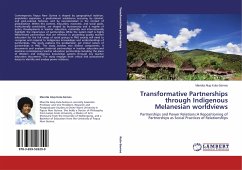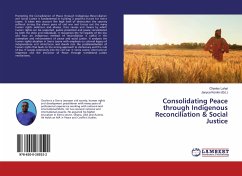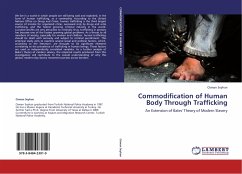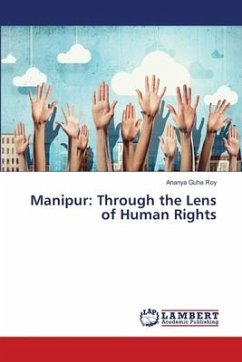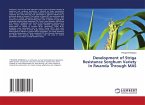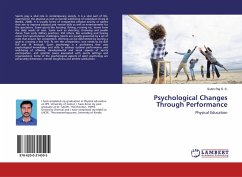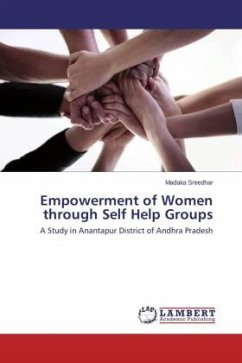Contemporary Papua New Guinea is shaped by geographical isolation, population expansion, a predominant subsistence economy, by colonial, and post-colonial histories, and by neocolonialism in the context of globalization. Within this context, education, economic, and social goals, institutionally constituted, are shaped by bureaucracy and a regime of policy. Developments in teacher education, nationally and internationally highlight the importance of partnerships. While the system itself is highly Westernised partnerships that are effective in promoting quality teacher education for the full range of social groups in PNG society will need to recognise and respond to Indigenous knowledges and understandings of partnerships. This study explores the problematic, yet critical nature of partnerships in PNG. The study involves two distinct components. It documents and analyses historical partnerships in teacher education and examines contemporary teacher education partnerships includingthe place of Western and indigenous knowledge systems through key teacher education documents. The study engages both critical and postcolonial lenses to identify and analyse power relations.
Bitte wählen Sie Ihr Anliegen aus.
Rechnungen
Retourenschein anfordern
Bestellstatus
Storno

